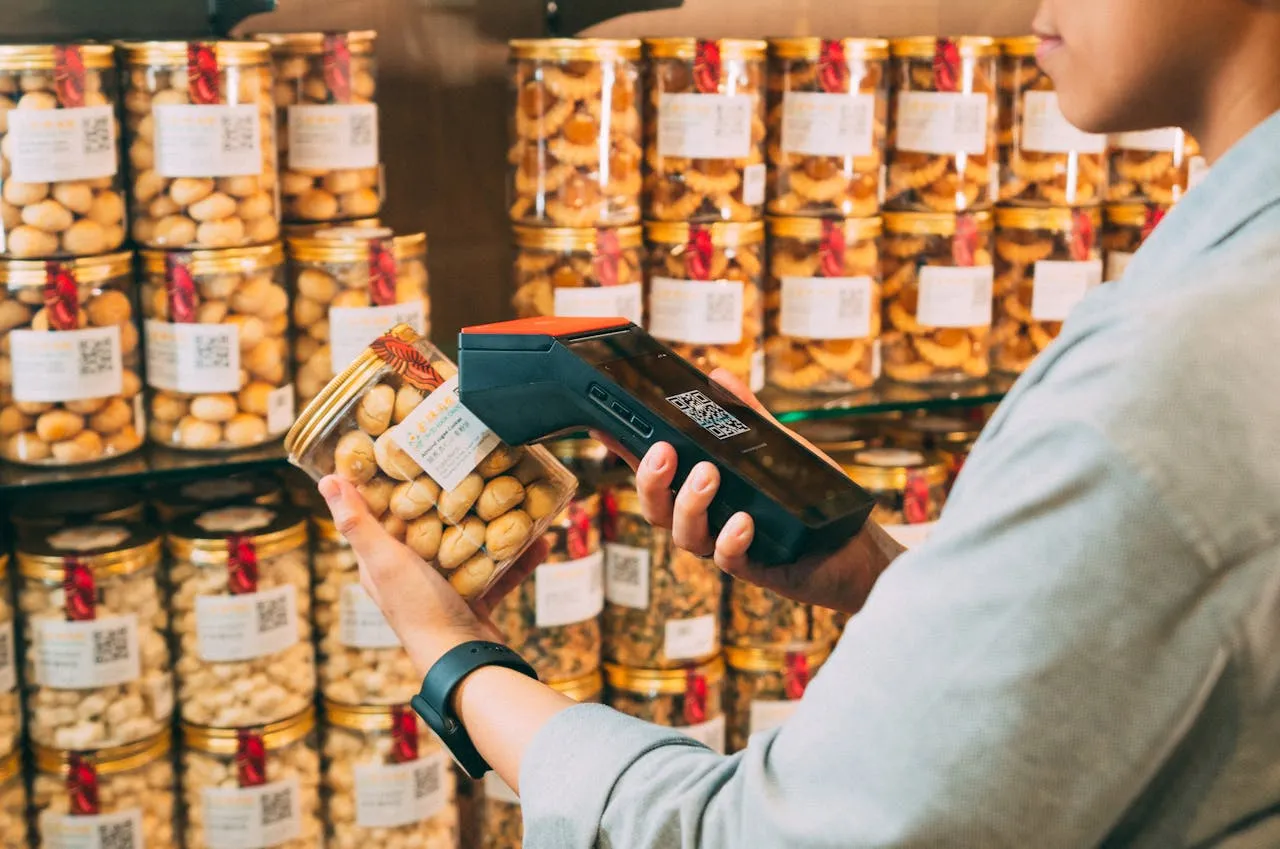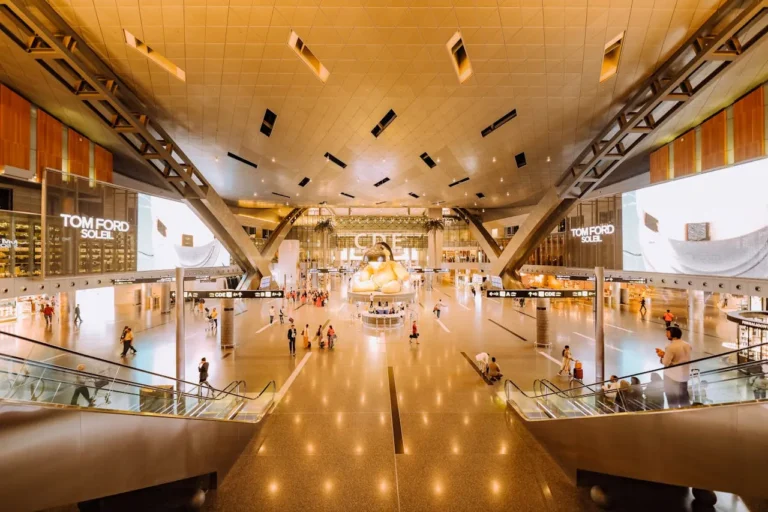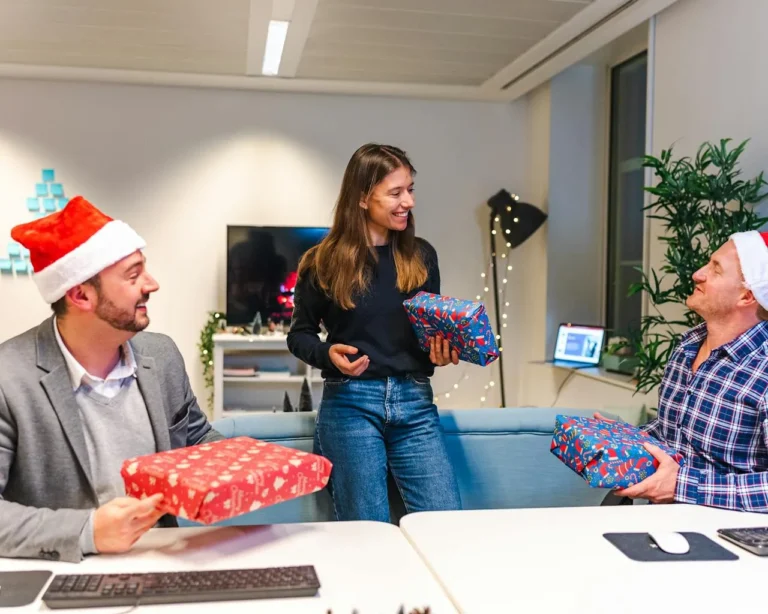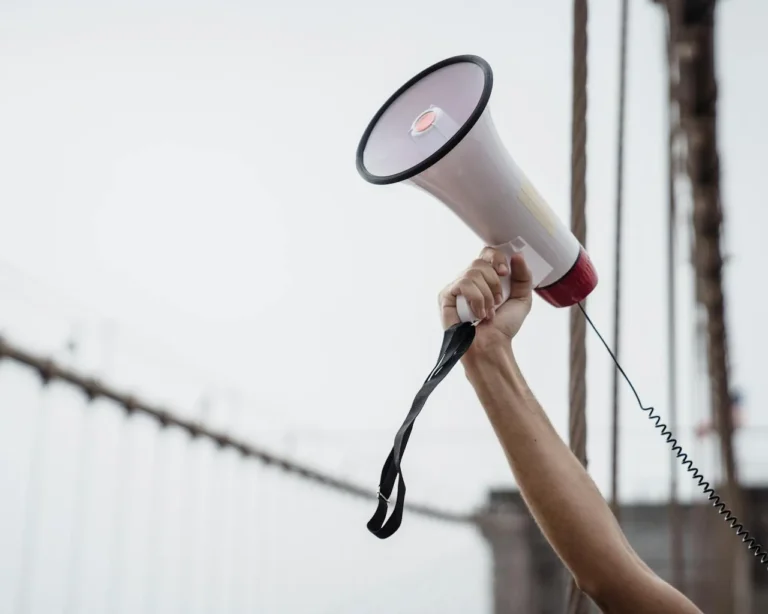
On the 50th anniversary of the first barcode scan, 22 industry leaders—including Alibaba, Carrefour, and Procter & Gamble—are advocating for the global adoption of QR Codes using GS1 standards. GS1, the neutral, non-profit standards organization behind the barcode, supports this shift. These QR Codes promise to provide a wealth of product information accessible via smartphones, potentially revolutionizing the consumer experience.
Since the first barcode scan in 1974, collaboration between retailers and manufacturers through GS1 has made barcodes a trusted universal method for product identification. With over 1 billion items bearing barcodes scanned more than 10 billion times daily, supply chain efficiencies have been significantly enhanced. Today, global industry leaders are again uniting to transition to QR Codes with GS1 standards, a 2D barcode format known as QR Code powered by GS1.
“The first barcode scan forever changed how we buy and sell products,” said Renaud de Barbuat, President and CEO of GS1. “Fifty years on, industry champions have come together calling for the transition to QR Codes powered by GS1. This collaborative effort is set to transform in new ways how we shop, eat, and live. We believe this marks the start of a second barcode revolution – making products more traceable and transforming the consumer experience, thereby unlocking the future of retail.”
Revolutionizing the Consumer Experience
Unlike traditional barcodes, QR Codes powered by GS1 can connect consumers to extensive product information, including usage and recycling instructions, safety and nutritional information, and industry certifications.
With information easily accessible via smartphones, consumers, manufacturers, and retailers alike benefit from enhanced traceability and supply chain efficiencies while still enabling scanning at checkout.
- Smarter Choices: With QR Codes, brands can share additional information, such as video tutorials, style advice, suggested recipes, or other purchase-relevant content.
- Sustainable Insights: QR Codes can inform consumers about a product’s environmental impact, including sourcing details, components, carbon footprint, and recycling or reusing guidance.
- Safer Food: QR Codes facilitate access to regulatory information, allergy advice, and ‘Best Before’ or ‘Sell By’ dates, helping reduce food waste by rejecting expired foods at checkout and selling those close to expiry at reduced rates.
Industry-Wide Implementation by 2027
Companies must evaluate their technology and processes to maximize QR Codes with GS1 standards, gradually integrating more detailed product information.
“Consumers demand more information about the products they’re purchasing, regulators require the disclosure of more information and there’s an ongoing need to more effectively track and trace products through the supply chain,” said Jon R. Moeller, Chairman, President, and CEO of Procter & Gamble. “We can resolve this with 2D barcodes with GS1 standards inside – a single barcode that has the power to provide all the information consumers need and desire, improve traceability through the supply chain, and scan at checkout.”
The goal is for QR Codes with GS1 standards to be widely adopted by the end of 2027. To achieve this, manufacturers should implement these QR Codes on product packages, and retailers should ensure their POS scanners can read the new barcodes.
“The transition to QR Codes with GS1 standards will happen gradually worldwide, but those who accelerate through this transformation will unlock valuable new capabilities and provide more benefits to their customers,” said Mark Batenic, Chairman of the Independent Grocers Alliance (IGA) and GS1 Management Board.
The shift has begun, with new technology being tested in 48 countries, representing 88% of the world’s GDP.
The complete list of companies supporting this initiative includes: Alibaba (Taobao & Tmall Group), AS Watson Group, Barilla Group, Carrefour, 7-Eleven (CP ALL Thailand), Dr. Oetker, IGA, JD.com Group (Jingdong), Lidl International, L’Oréal, Master Kong (Tingyi Holding Corp.), Mengniu Group, Metro, Migros Ticaret A.S., Mondelēz International, Nestlé, Procter & Gamble, Savencia Fromage & Dairy, The J.M. Smucker Co., Tsingtao Beer Group, WH Group (Henan Shuanghui Development Co.), and Yili Group.
To read the global joint industry statement and learn more about QR Codes powered by GS1, please visit the GS1 website.







